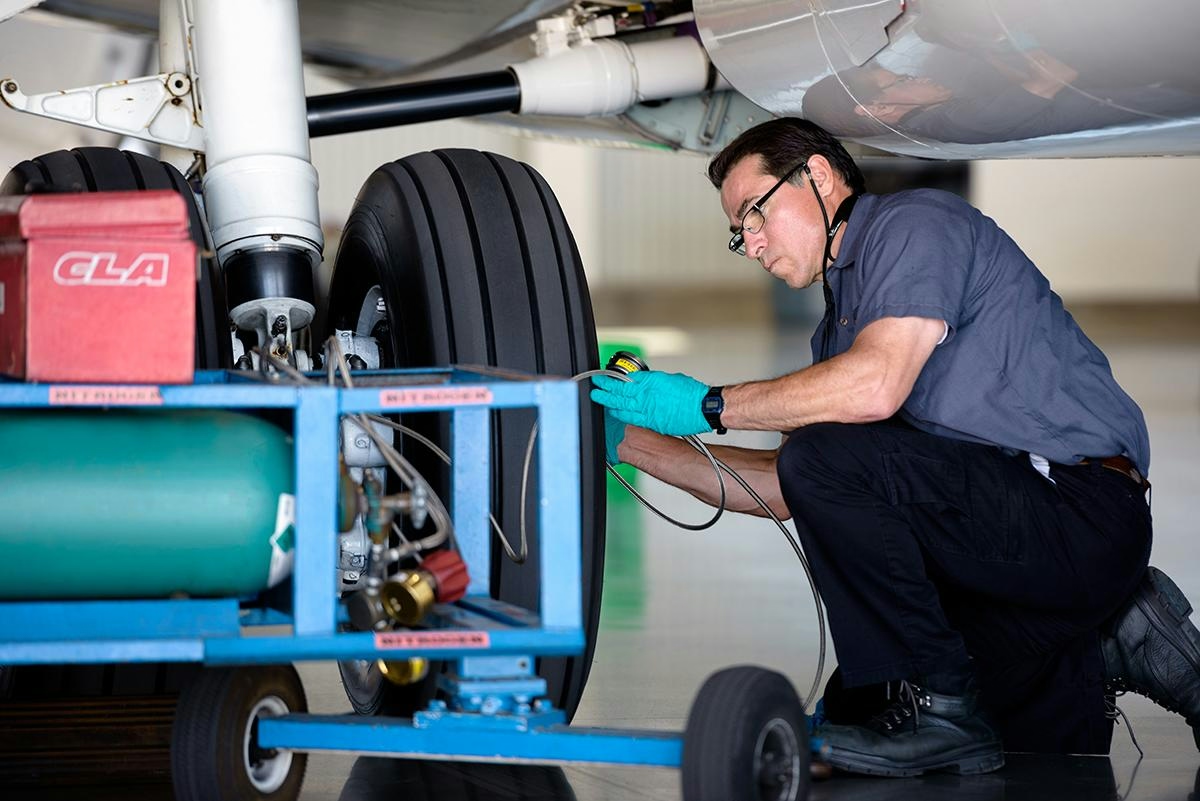AeroGenie — Your Intelligent Copilot.
Trending
Categories
Plane Place Aviation Receives AFAC Certification to Enhance Services for Mexican Operators

Plane Place Aviation Secures AFAC Certification to Expand Services for Mexican Operators
Plane Place Aviation has reached a pivotal milestone by obtaining formal certification from Mexico’s Federal Civil Aviation Agency (AFAC), officially recognizing the company as an AFAC-certified repair station. This achievement highlights the company’s dedication to safety, quality, and operational excellence, while enabling it to provide enhanced maintenance services to Mexican-registered aircraft from its facility in Cleburne, Texas.
Rigorous Certification Process and Service Capabilities
The AFAC certification process demands strict compliance with Mexico’s federal aviation regulations, encompassing thorough evaluations of safety protocols, maintenance procedures, staff training, and operational oversight. With this approval, Plane Place Aviation is authorized to conduct maintenance on Mexico-registered aircraft, offering comprehensive services that include airframe, engine, radio, wheel, tire, battery, and accessory maintenance. The company specializes in servicing Challenger, Hawker, and Citation airframes, delivering tailored solutions for these prominent business jet platforms.
Strategically situated less than an hour’s flight from the Mexican border, the Cleburne facility provides convenient access for operators seeking reliable and specialized maintenance. Plane Place Aviation’s clientele spans corporate operators, charter companies, and maintenance management organizations, all benefiting from a centralized service hub with deep expertise in key business jet models.
Industry Context and Competitive Landscape
This certification comes amid increasing competition and evolving standards within the aviation maintenance sector. Recent industry events, such as Paragon Aviation Group’s success meeting, have underscored the critical importance of maintaining competitive service standards. In response, other providers are also pursuing enhanced certifications and service capabilities. For instance, Go Rentals recently achieved NATA Safety 1st Certification, reflecting a broader industry movement toward elevated safety and quality benchmarks.
Concurrently, developments in the aviation market—including Elixir Aircraft’s FAA certification and Boeing’s continued production of the 737 MAX 10—are reshaping market dynamics. These changes are prompting maintenance providers to reassess their operational capabilities and regulatory compliance, driving further investment in certifications and service excellence for both U.S. and international operators.
Plane Place Aviation’s AFAC certification not only reinforces its commitment to regulatory adherence and high-quality service but also strengthens its competitive position as the industry adapts to new standards and market pressures. The company remains focused on delivering superior maintenance experiences, leveraging its specialized knowledge of key airframes and unwavering dedication to service excellence for operators across the U.S.-Mexico border.

Emirates Unveils Cabin Design for New Boeing 777X

Eighteen Years On, the Airbus A380 Remains Central to a $34 Billion Airline

How a boom in luxury airline seats is slowing down jet deliveries

Navitaire Outage Attributed to Planned Maintenance

DigiYatra Debuts Outside Aviation at India AI Impact Summit

Vietnam Orders Strengthen Boeing’s Commercial Outlook

Airbus Signals Uncertainty Over Future A400M Orders

JobsOhio Awards $2 Million Grant to Hartzell Propeller for Innovation Center

Collins Aerospace Tests Sidekick Autonomy Software on YFQ-42A for U.S. Air Force CCA Program

How the Airbus A350-1000 Compares to the Boeing 777
